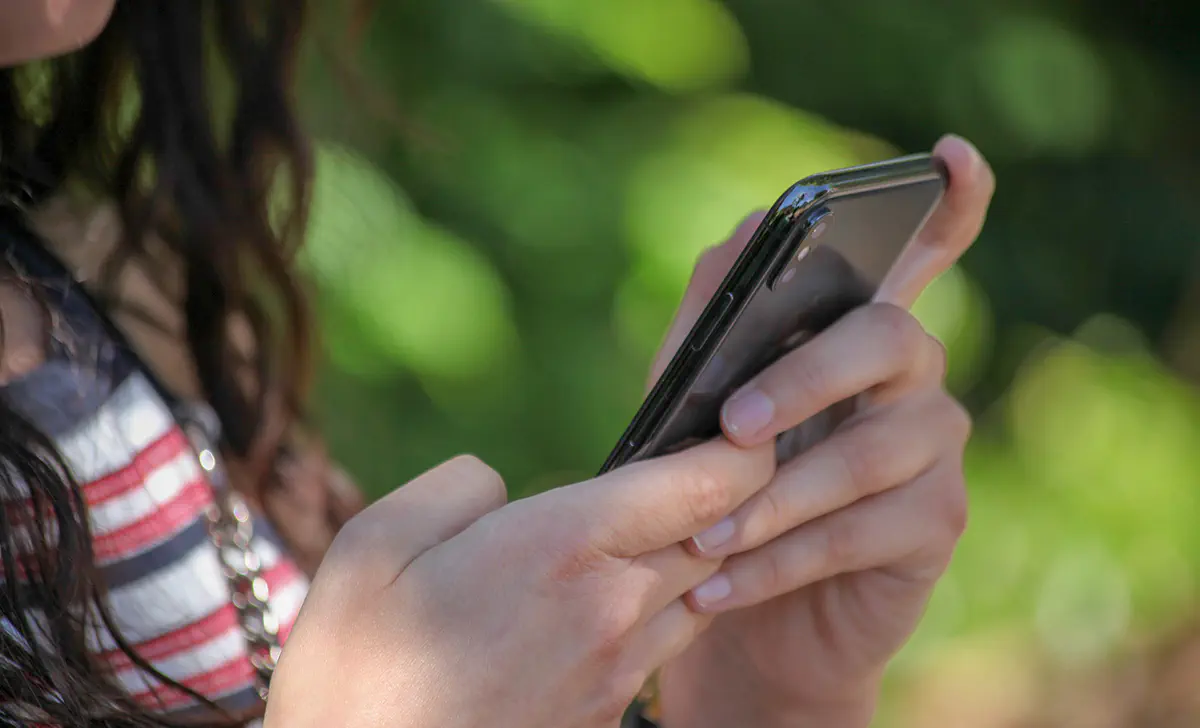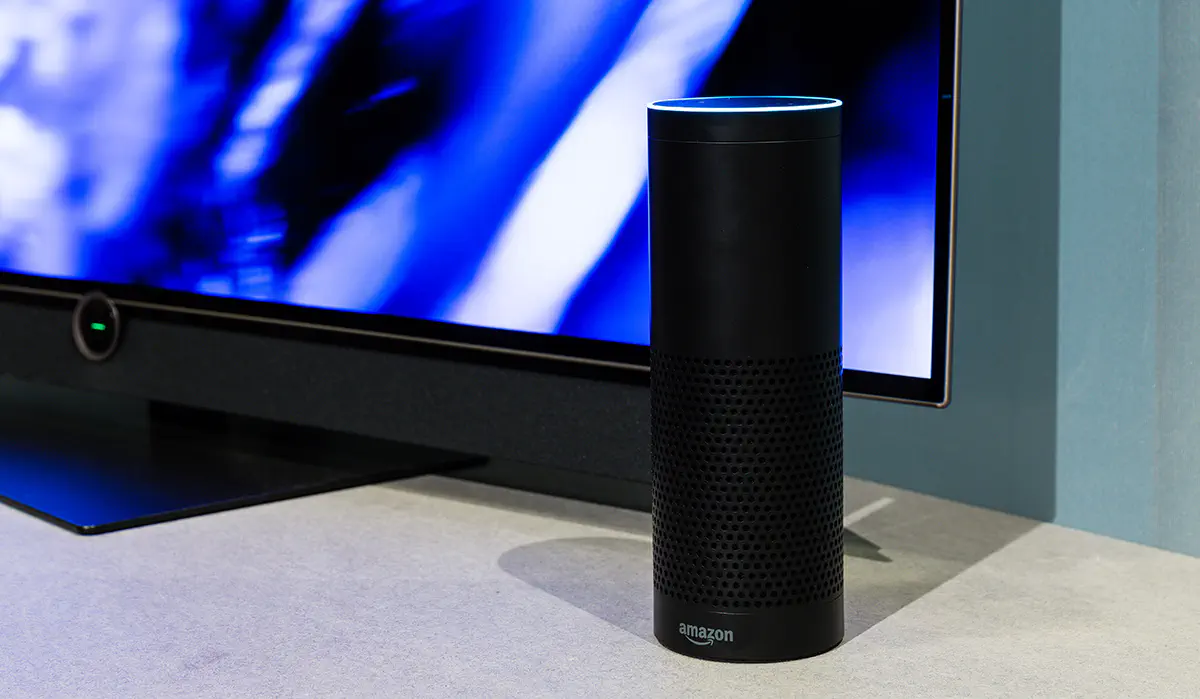What Platform Better Protects Your Privacy: iOS or Android?

Mobile users are on edge when it comes to their data privacy, and for good reasons.
Last year’s headlines exposed major privacy breaches from big-name companies that millions of people trusted with sensitive personal data:
- Facebook/Cambridge Analytica: Facebook shared information about tens of millions of users without explicit authorization.
- Equifax: Experienced a hack that exposed millions of users’ social security numbers and financial information
- Marriott’s: Exposed personal information that affected 500 million users
After the data leaks of 2018, consumers are uneasy about the amount of personal data contained on their smartphones and are taking a close look at how to protect themselves.
Naturally, one of the first questions consumers ask is “Is one phone safer than the next?”
In this article, we take a look at that question by examining the differences between iOS (Apple) and Android (Google) platforms, to understand more about how each company keeps data secure.
Outsourced vs. in-home manufacturing
Apple makes its own hardware for its devices, which allows it to enforce manufacturing guidelines crucial to its product’s quality and safety.
Android, on the other hand, uses a variety of manufacturers for its different phones, such as Nexus and Pixel. This means Android has less control over how its products are made.
Outsourcing its manufacturing leads to quality control issues because it’s tough to enforce manufacturing guidelines at offsite facilities. The outsourcing also leaves Android with less insight into what hacking gateways exist.
Security updates
Security updates are a significant factor in protecting consumer data.
Users should always update devices to the latest OS version to protect their data.
Apple and Android offer constant OS updates, but both rely on consumers to implement these updates.
The difference in how the two companies influence users to implement updates is one reason why Apple has a better reputation for security than Android.
Apple security updates
Apple strictly controls all devices in its ecosystem, which makes it easier to create and distribute frequent updates.
Apple also goes to great lengths to ensure that users update its systems.
For starters, Apple often turns updates into events by building excitement surrounding new features or abilities. This makes users feel that updates are urgent, and contributes toward the likelihood that they will implement them.
Apple then displays constant notifications to users who haven’t updated. Eventually, it becomes easier for procrastinators to download the update than to ignore it.
Finally, if users ignore the notifications for too long, Apple forces them to update by denying full access to certain features.
Android security updates
Android offers regular Google updates that keep systems secure, but these updates also rely on user implementation.
Unlike Apple, Android updates are especially easy to ignore, which makes Android users vulnerable to security breaches.
App development standards
The primary difference between Apple and Android apps is that Apple uses closed-source code, while Android uses open-source code.
Android’s open-source approach
Android’s open-source programming means its devices are more customizable, but also more vulnerable to attack.
The drawbacks of Android’s open-source system:
- Owners of Android devices can make changes to their phone’s operating systems.
- Android developers face fewer challenges having an app accepted by the app store. All they need is to have an app signed for by a wizard to get approved.
The open-source model means that hackers can easily find a vulnerability in the code because they already know it.
Android’s lenient approach to app requirements presents a risky gap in security that leaves its users vulnerable to hacking.
Research whether mobile app development companies address each of these potential security risks when developing for Android’s platform.
Apple’s closed source policy
iOS app developers work using Apple’s closed-source system. The company doesn’t release its source code to app developers, making it far more difficult for hackers to find vulnerabilities.
Android offers a broader app selection and more freedom to customize, but Apple’s limited choices provide its users with a much higher level of security than Android.
Apple devices offer stronger privacy protection compared to Android
Android users love the freedom and leniency that their devices offer. The company’s outsourced manufacturing and open-source coding, however, leave users highly vulnerable to hackers.
Apple users choose the safer, more reliable experience that its in-house manufacturing and closed source programming offer.
When considering mobile app developers, entrepreneurs should weigh the security risks on each platform before building their app.
As hackers become more sophisticated, consumers may turn to Apple products to better protect their privacy.
Don't want to miss anything?
Subscribe and get stories like these right into your inbox.
Keep reading

How Machine Learning Can Unlock New Business Opportunities
Machine learning (ML), business intelligence (BI) and artificial intelligence (AI); we have got beyond these being mere buzzwords. A whole industry has grown up around them, worth billions.

Essential Insights on Voice Technology and HIPAA Compliance
Voice technology has gained significant momentum over the past several years and is on track to impact billions of people in the years that lie ahead.

Happy 19th Birthday, Anadea! Celebrating Our Journey
Today is a special day for Anadea. Our company turned 19! The entire Anadea team is excited to have reached this milestone!
Contact us
Let's explore how our expertise can help you achieve your goals! Drop us a line, and we'll get back to you shortly.